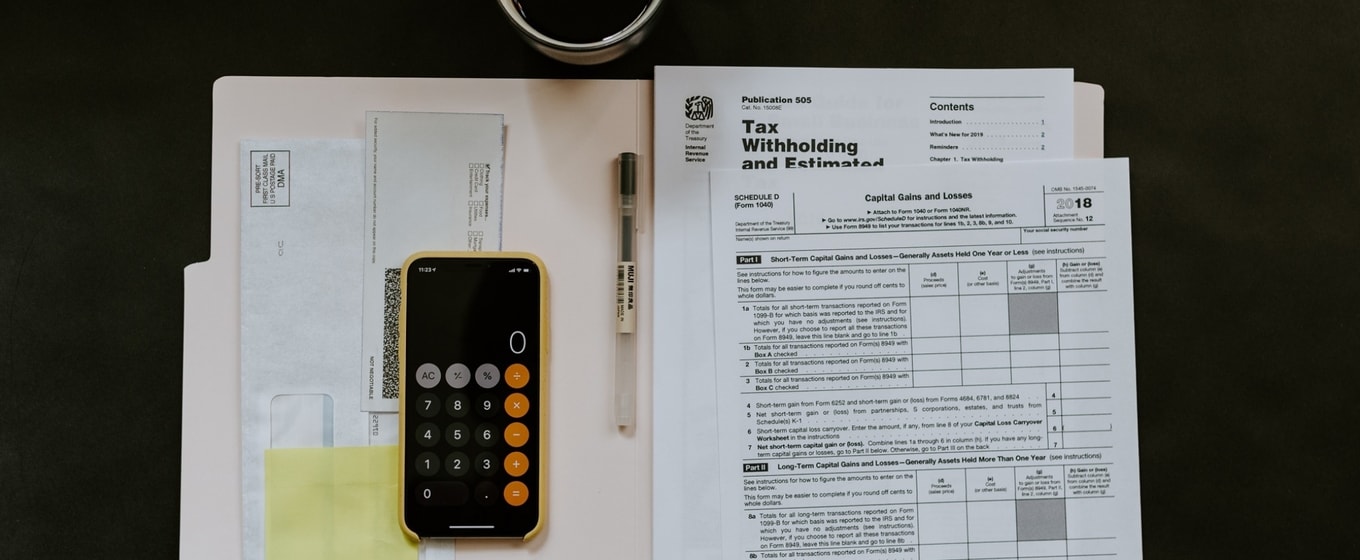Corporate tax is changing all the time, with different aspects of the rates charged and how submissions are processed being amended every year. Here is a quick list of the changes to corporate tax submissions introduced in 2020.
1. Digital Services Tax
The Digital Services Tax enforces a 2% tax on any revenues that have been collected for services rendered for search engines, online marketplaces or social media platforms. The 2% is a tax-deductible expense when it comes to UK corporation tax. It came into force in April 2020.
DST applies to businesses that generate more than £500 million in revenue and who derive at least £25 million within the UK.
Companies that provide radio, television, online content, financial or payment services are exempt from the Digital Services Tax.
The Digital Services Tax is payable and reportable on an annual basis, rather than in quarterly installments as initially suggested, to allow businesses some time to familiarise themselves with the relevant legislation. Groups can nominate an entity to complete these responsibilities, or the ultimate group parent can be responsible for completing the tax return.
Examples of the activities that are covered by this tax include:
- Revenues from adverts displayed to users within the UK
- Payments users make for subscriptions
- Commissions when a UK user makes a purchase/interacts with advertising
2. Research & Development Tax Relief
Businesses who undertake research and development can claim tax relief or reduce their tax bill through the research and development tax relief system. If corporations have made tax losses, cash from the HMRC can be surrendered. Every small and medium company is able to claim an additional £33.35 of relief for every £100 of Research and Development expenditure.
Due to changes introduced in April 2020, the repayable cash credit that can be claimed from the HMRC in any one year is restricted. The cap limits the amount of tax credit an SME can recover to £200,000 plus 300% of its PAYE/NIC bill for the accounting year.
Tax losses are restricted, and companies cannot carry forward repayable credit for future profits. You can read more about this here.
3. Changes to Capital Gains Tax
There have been some changes to Capital Gains Tax for non-residents and residential properties. Since April 2020, all non-resident companies are subject to a 19% corporation tax on revenues, income, and capital gains that are derived from properties within the UK borders. This is instead of charging income tax on revenues generated on UK properties.
From 6th April 2020, all corporate deadlines for tax and payments will have to be followed carefully. There may be amounts that will need to be apportioned between the income and corporate tax periods.
As soon as corporations are processed under corporate tax laws, all UK corporation laws will require consideration.
In addition, there is an extension to the Non-Resident Capital Gains Tax rules. From 6th April, you will need to report and pay your NRCGT charge which is applicable to the direct and indirect disposal of residential properties within the UK. All sales of residential properties will need to be recorded with the HMRC within 30 days of the sale completion. Payment for the tax will also need to be made within this time period.
4. Making Tax Digital
All corporate entities that have a turnover in excess of the VAT threshold (£85,000) are now required to keep all VAT records digital. In addition, all VAT data must be submitted through software that is HMRC-compatible.
This has resulted in a significant change to the VAT processes used for numerous businesses, especially those that relied on spreadsheets to comply with VAT obligations in the past. There are numerous software options available that can help with this.
5. Reduced VAT rate
The UK Government announced in July 2020 that VAT-registered businesses working within the hospitality, hotel/holiday accommodation or attraction sectors need to apply a temporary lower VAT rate of 5%. These changes were brought in to stimulate the economy during the Covid-19 pandemic and were initially to last until 12th January 2021. However, the VAT cut has since been extended until the end of March 2021.
With ongoing changes, good record keeping will need
to be maintained to ensure accurate corporate tax and VAT returns.
Keeping track of future corporate tax changes
If you’re a corporate business, or an accountant looking after numerous clients’ accounts, then you know that keeping track of all the changes that might be applicable to you can be challenging and time-consuming. But good record keeping and corporation tax software can allow you to manage your corporation tax with ease.
Not only will you make the right tax submissions, but you will get accurate reports on what is owed to the HMRC and when it will need to be paid. This can help improve profits and make investors happy. You can also ensure you are maximising your investments by claiming the right amount of tax-deductible expenses.
About the Author
Tim Pearce manages the Sales team at BTCSoftware UK and is focused on helping new customers achieve a measurable ROI for all their tax deployments. BTCSoftware is a provider of feature-rich affordable accounting and tax software designed to simplify the lives of accountants, businesses and individuals.






These cookies are set by a range of social media services that we have added to the site to enable you to share our content with your friends and networks. They are capable of tracking your browser across other sites and building up a profile of your interests. This may impact the content and messages you see on other websites you visit.
If you do not allow these cookies you may not be able to use or see these sharing tools.